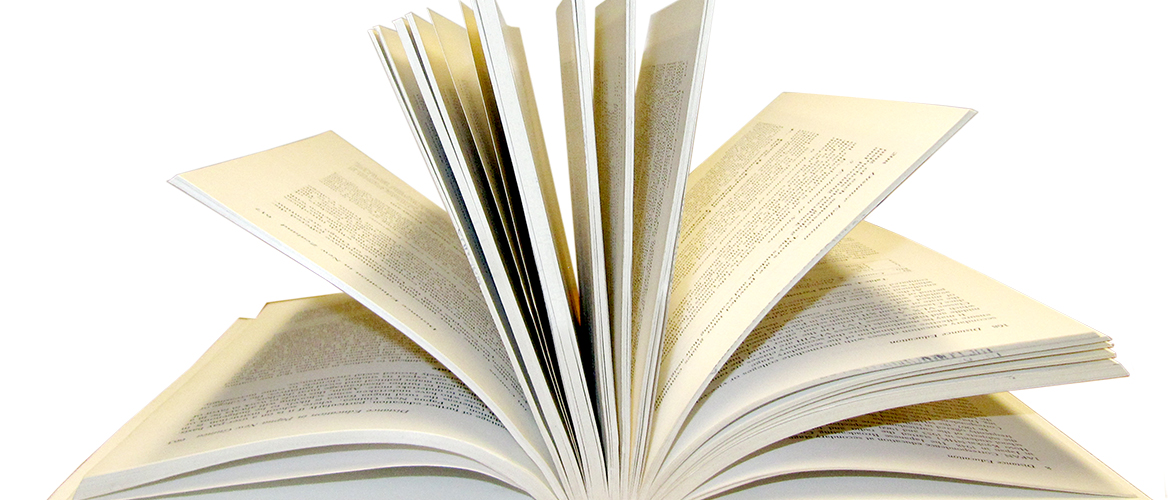
Ever since the Commonwealth of Learning was created, it has encouraged sharing of educational materials in the Commonwealth. In fact, when COL was established, its goal was that “any learner anywhere in the Commonwealth shall be able to study any distance teaching programme available from any bona fide college or university in the Commonwealth”. One of its purposes was to “assist[ing] the acquisition and delivery of teaching materials and more generally facilitating access to them; and commissioning and promoting the adaptation and development of teaching materials”. While these were and still are huge responsibilities on the shoulder of an organization that is small in terms of size and budget, the recent developments in the past, including the emergence of sharing of educational materials in open licenses (called Open Educational Resources) since 2001/2002 has made it easier to enable COL to strengthen its role and functions. We have emerged as a strong international player in the field of OER, and with the support of Hewlett and Flora Foundation organized the World OER Congress 2012 with the UNESCO. As the world celebrates Open Education Week 2015, we did a retrospect to review the progress of OER in the Commonwealth in the year 2014.
In 2014, the European Commission started supporting open education through multi-lingual platforms to add to its already strong Policies for OER Uptake (POERUP). In the USA, the Babson survey report 2014 indicated lack of faculty awareness about OER, and faculty perceived that time and effort required to find and evaluate OER as barriers to wider adoption of OER. This strengthened our belief to focus on capacity building of teachers at all levels, and develop quality criteria for assessment of OER. The Commonwealth Educational Media Centre for Asia (CEMCA), COL’s regional office at New Delhi through a long stakeholder assessment and Delphi process, developed the TIPS Framework for assessing the quality of OER.
Three Canadian Provincial Governments (Alberta, British Columbia and Saskatchewan) signed a Memorandum of Understanding to collaborate, develop and share OER. The Ministry of Human Resource Development (MHRD), Government of India approved open licensing policy for its flagship programme on National Mission on Education through ICTs (NME-ICT). In South Africa, the UNISA under the leadership of its Pro Vice Chancellor Prof. Narend Baijnath developed the OER Strategy and positioned OER within the context of its transformation as a major knowledge producer in the world. From the past experience, the major player in the OER movement in the past have been Australia, Canada, New Zealand, and United Kingdom – all having policies in place and several institutional and national projects on OER running on the ground. While COL assisted development of ICT in Education policy with OER integrated into it at Antigua and Barbuda in 2013, COL provided support to several other Commonwealth countries such as Belize, Ghana, Seychelles, and Mauritius to develop OER policy in 2014. The Ministry of Education, Sports, Youth & Gender Affairs in Antigua and Barbuda with the support of COL continued the OER activities by developing and testing the OER Math prototype in the year 2014. This is one of the successful projects in the developing countries that integrate a content management system and a learning management system to provide an enriching environing for authoring and delivering customized courses openly for use by teachers and learners.
We observe that the progress of policy adoption is slow in many countries, and there are still doubts concerning OER. Therefore, advocacy and capacity building will continue to play significant role in mainstreaming OER in the teaching and learning environment at all levels of education. Our approach has been to strengthen capacity building through material development, and our engagement with policy makers is at both informative and collaborative project development. While we continue to embark on this process, we realize the many OER projects have been initiated but are not being populated with OER in the repositories or they are decreased participation form the stakeholders after initial hype. The issue of sustainability of OER projects is a matter of concern, and we need to look critically and collectively to make OERs sustainable. We also need to create technological systems and practices to categories available OER for use by different stakeholders, know what are available and where are the gaps. At COL we have tried to develop a repository of OER. But, it is an arduous process to populate the same and view what is available. We still need robust systems. Reinventing the wheel is something that we need to avoid in the context of OER.
With India and South Africa joining the OER juggernaut in 2014, we hope the year ahead in 2015 will be stronger for the OER movement all over the world and not just in the Commonwealth. It seems we have just started in the field of Open Education.
We wish all an exciting Open Education Week 2015.


